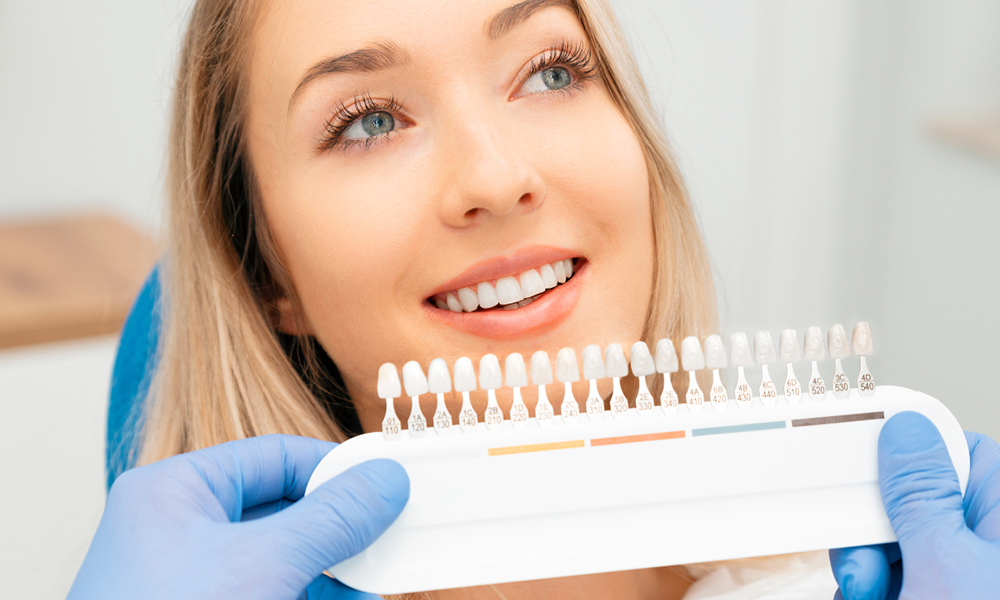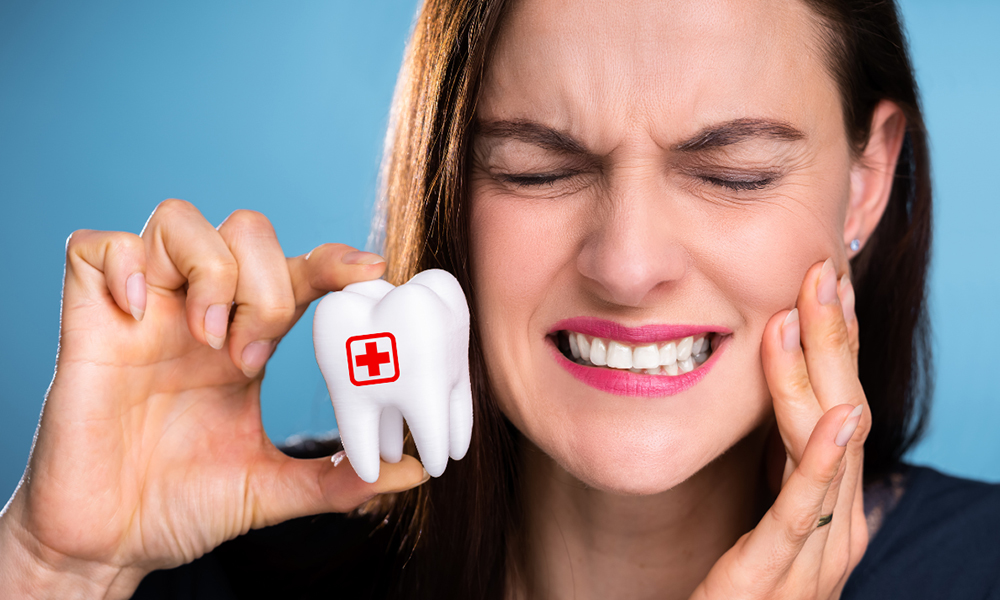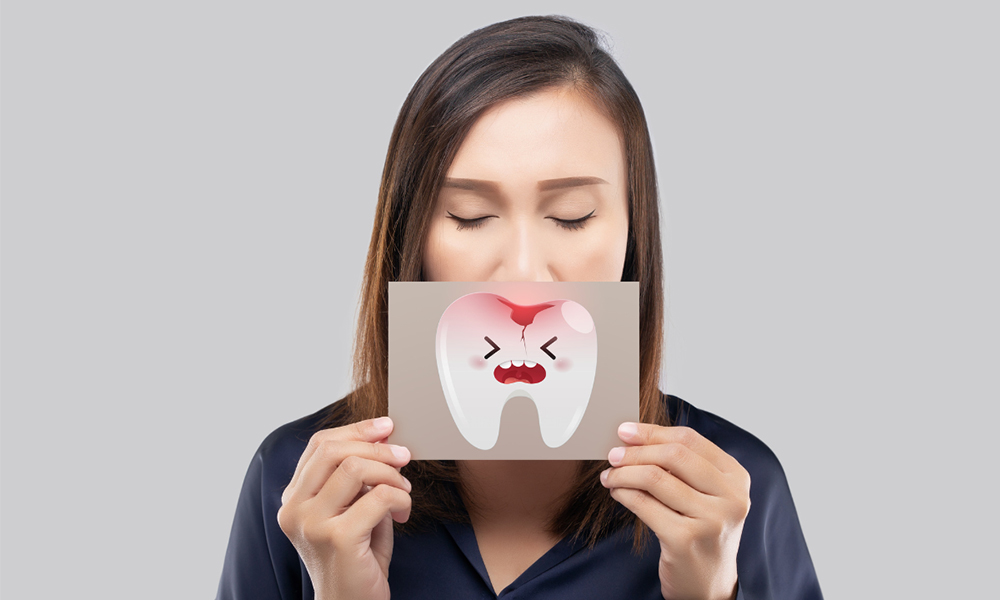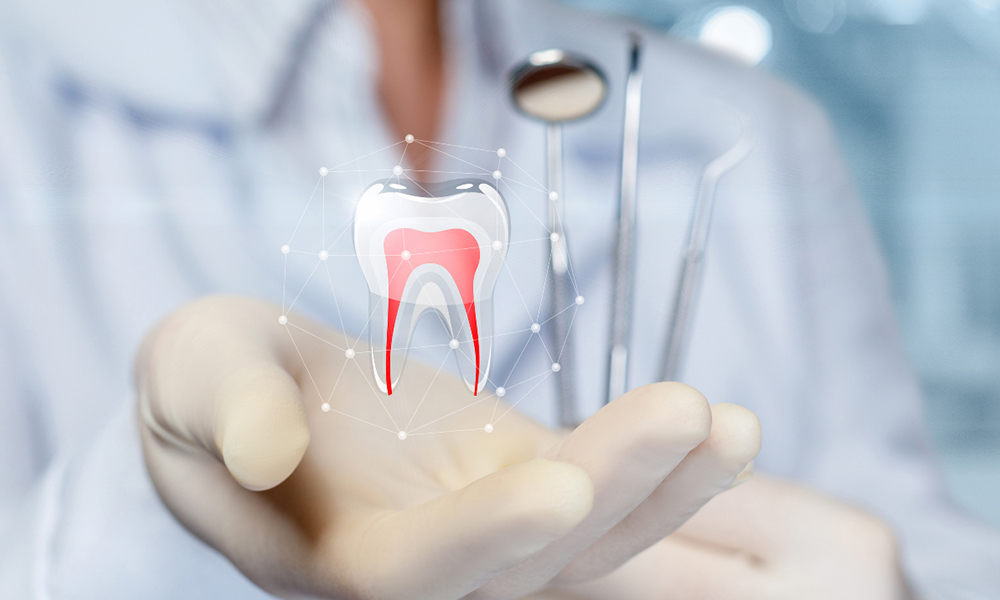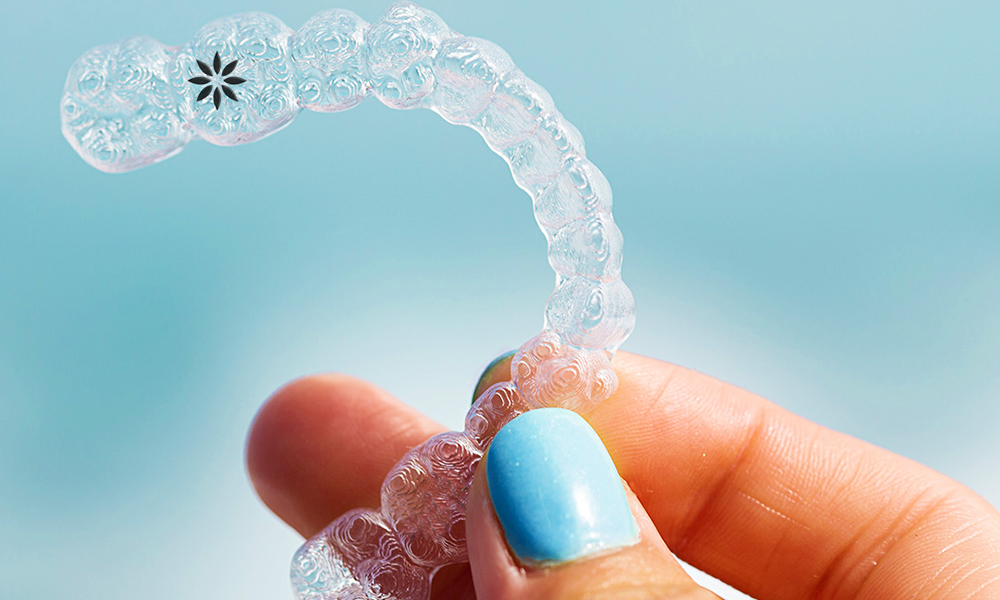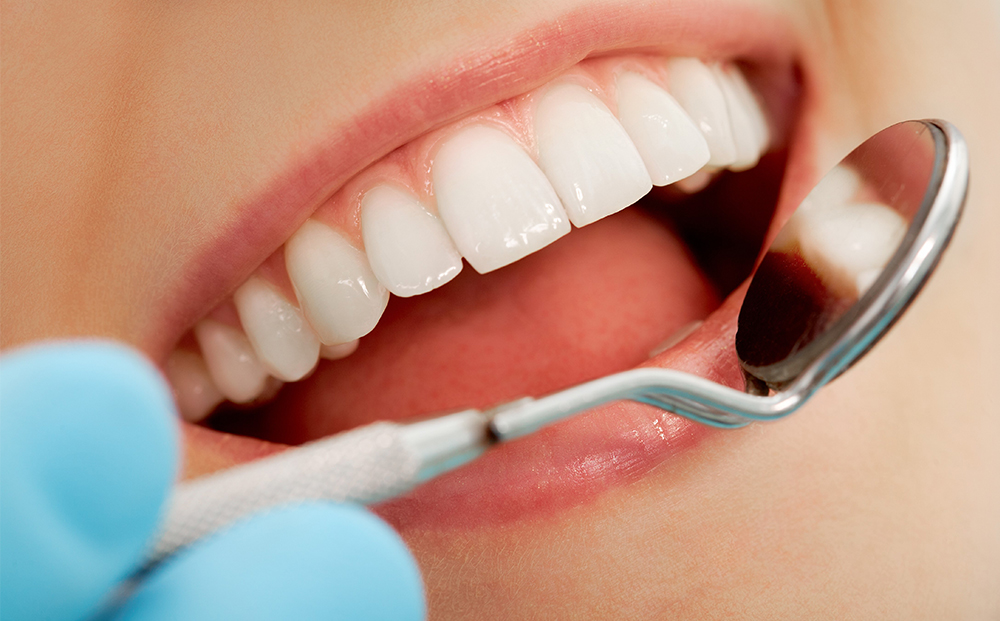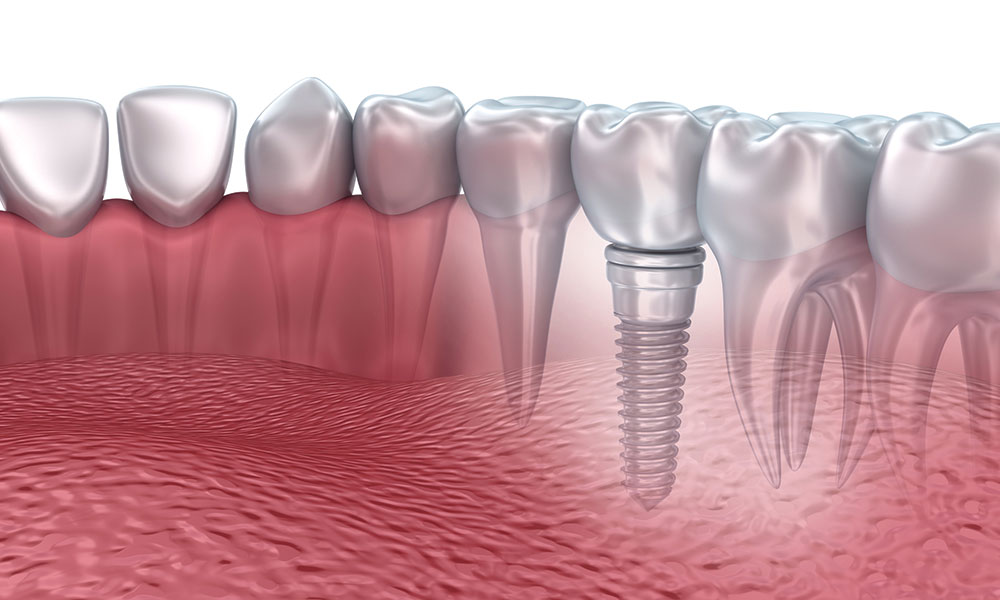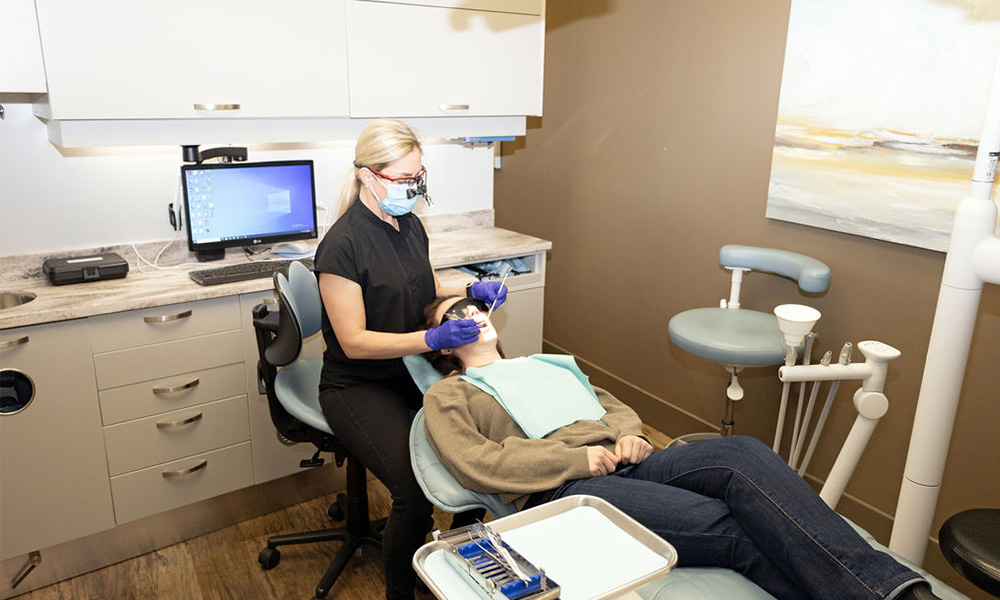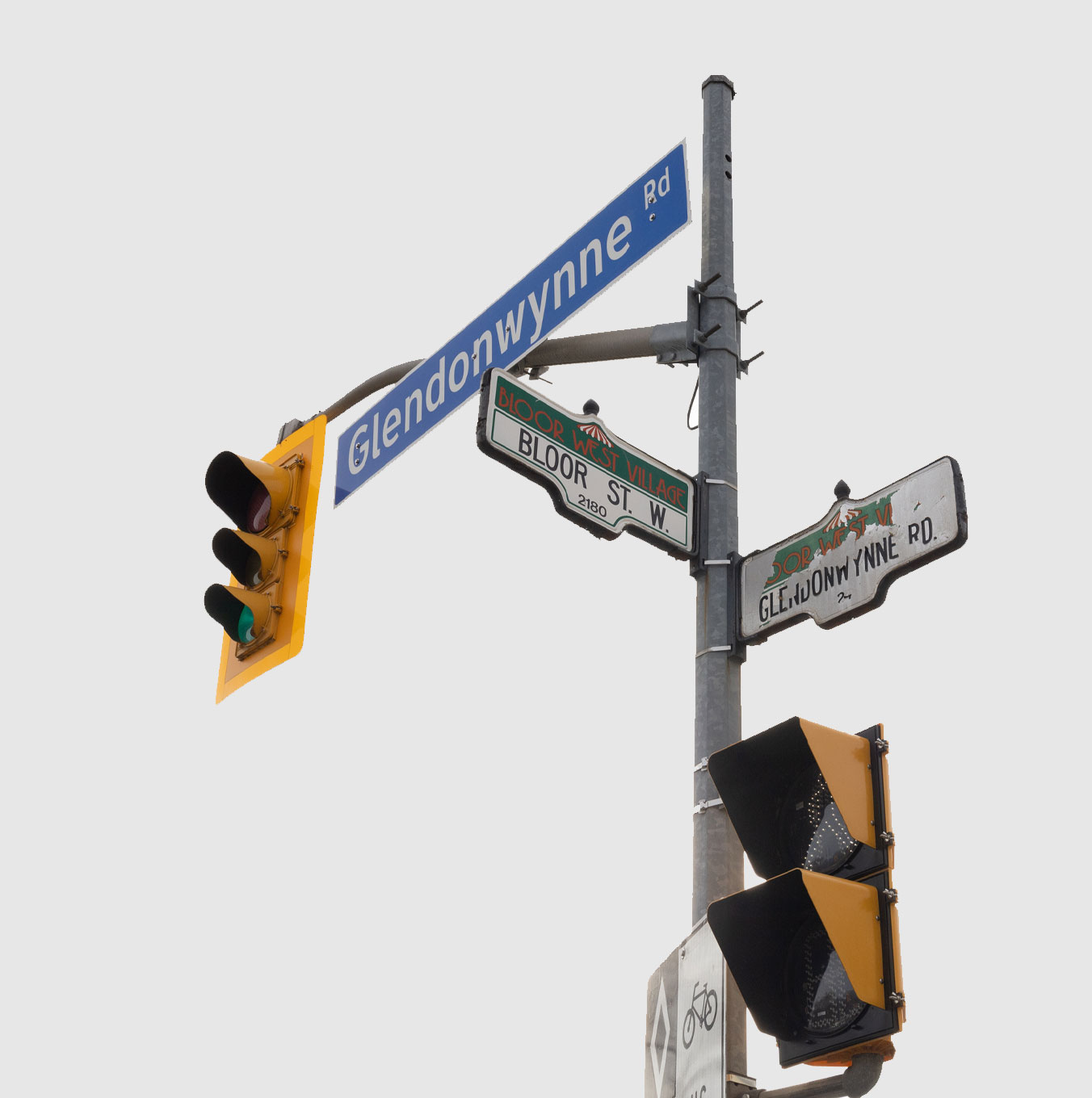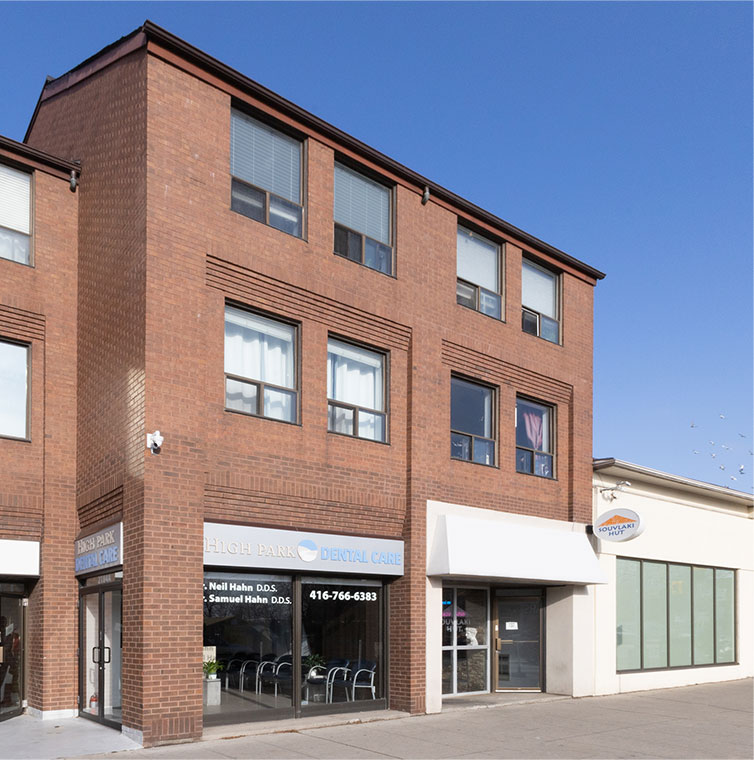
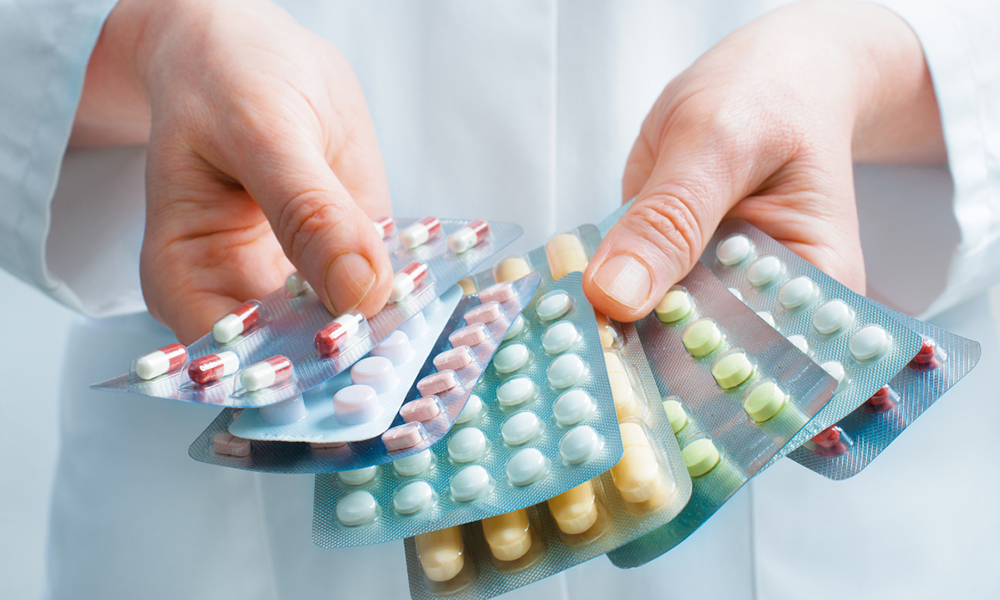
Understanding medication protocols used by emergency dental providers helps patients know what to expect during urgent care visits.
At High Park Dental Care, located at 2184A Bloor Street West in Toronto, the emergency dentist team follows proven protocols for prescribing pain relievers and antibiotics. Proper medication management is essential for controlling acute dental pain and treating infections effectively.
Dental emergencies often involve significant pain and infection that require immediate help. An experienced emergency dentist carefully selects medications based on the specific condition, patient medical history, and potential drug interactions. Knowing how a dentist providers approach pain management and antibiotic therapy helps patients feel more informed and confident during urgent dental situations.
Acute dental pain can be severe
requiring stronger medications than over-the-counter options. The dentist prescribes pain relievers based on pain severity and individual patient needs.
Most dental pain can be managed with non-opioid medications. These options provide excellent pain relief with fewer risks compared to stronger medications.
Ibuprofen (Advil, Motrin)
Ibuprofen works particularly well for dental pain because it targets swelling at the source.
Naproxen (Aleve)
Naproxen is another option that provides longer-lasting relief. The emergency dentist may prescribe naproxen when patients need 12-hour pain coverage. Typical dosing is 500 mg initially, followed by 250 to 500 mg every 12 hours.
Acetaminophen (Tylenol)
Standard dosing is 500 to 1000 mg every 6 hours. Acetaminophen can be safely combined with ibuprofen for better pain control.
For severe dental pain that doesn't respond to regular options, the emergency dentist may prescribe stronger medications. These are used carefully and for short periods only.
Codeine with Acetaminophen (Tylenol #3)
This combination medication is commonly prescribed for moderate to severe dental pain. The dentist typically provides a limited quantity with clear instructions about drowsiness risks. Patients should avoid driving while taking this medication.
Tramadol
Tramadol offers moderate pain relief with lower risk than traditional strong pain medications. The dentist may prescribe this when regular options haven't worked. Typical dosing is 50 to 100 mg every 4 to 6 hours as needed.
Dental infections require prompt antibiotic treatment
to prevent serious problems. The dentist selects antibiotics based on the type and severity of infection.
Amoxicillin
Patients should report any signs of allergic reaction immediately, including rash, itching, or difficulty breathing.
Augmentin (Amoxicillin-Clavulanate)
This combination antibiotic is prescribed when the dentist suspects resistant bacteria. It provides broader coverage for complex infections. Typical dosing is 875 mg twice daily for 7 to 10 days. Taking this medication with food reduces stomach upset.
Clindamycin
Patients should take clindamycin with a full glass of water. Contact the dentist if severe diarrhea develops during treatment.
Azithromycin (Z-Pack)
Azithromycin offers convenient once-daily dosing. The emergency dentist may prescribe 500 mg on day one, then 250 mg daily for days 2 through 5. This shorter treatment course is easier for patients to complete.
Metronidazole (Flagyl)
Metronidazole targets specific bacteria commonly found in dental abscesses. The dentist often combines this with other antibiotics for severe infections. Standard dosing is 500 mg three times daily for 7 days.
Patients must avoid all alcohol during treatment and for 48 hours after completion. The combination causes severe nausea and vomiting.
The dentist considers multiple factors when selecting the appropriate antibiotic for each patient.
Mild infections with localized swelling may respond to oral antibiotics alone. Severe infections require more aggressive treatment when they involve:
Patients with severe infections may need hospital care. The dentist coordinates with medical providers when necessary.
Preventing dangerous drug interactions is critical. The dentist carefully reviews medications to protect patient safety.
Blood Thinners and Pain Medications
Patients taking blood thinners face increased bleeding risk when combined with ibuprofen. The emergency dentist typically recommends acetaminophen instead.
Antibiotics and Birth Control
Some antibiotics reduce the effectiveness of birth control pills. The dentist advises patients to use backup protection during antibiotic treatment and for one week after finishing.
Metronidazole and Alcohol
This combination causes severe reactions including nausea and vomiting. The emergency dentist provides clear warnings about avoiding all alcohol during treatment.
Accurate allergy documentation prevents dangerous reactions. The emergency dentist asks detailed questions about previous reactions to medications and specific symptoms experienced.
Proper medication use ensures the best results.
The emergency dentist at High Park Dental Care provides detailed instructions including:
Patients should contact the emergency dentist if medications aren't providing relief or if concerning side effects develop.
At High Park Dental Care, the emergency dentist team uses proven protocols to manage pain and infection effectively. Experiencing dental pain or infection? Contact High Park Dental Care at (416) 766-6383 for prompt emergency dentist evaluation and treatment.


